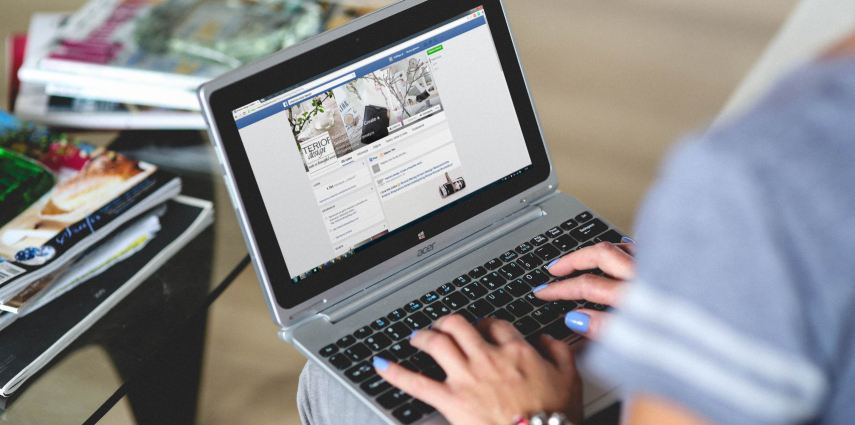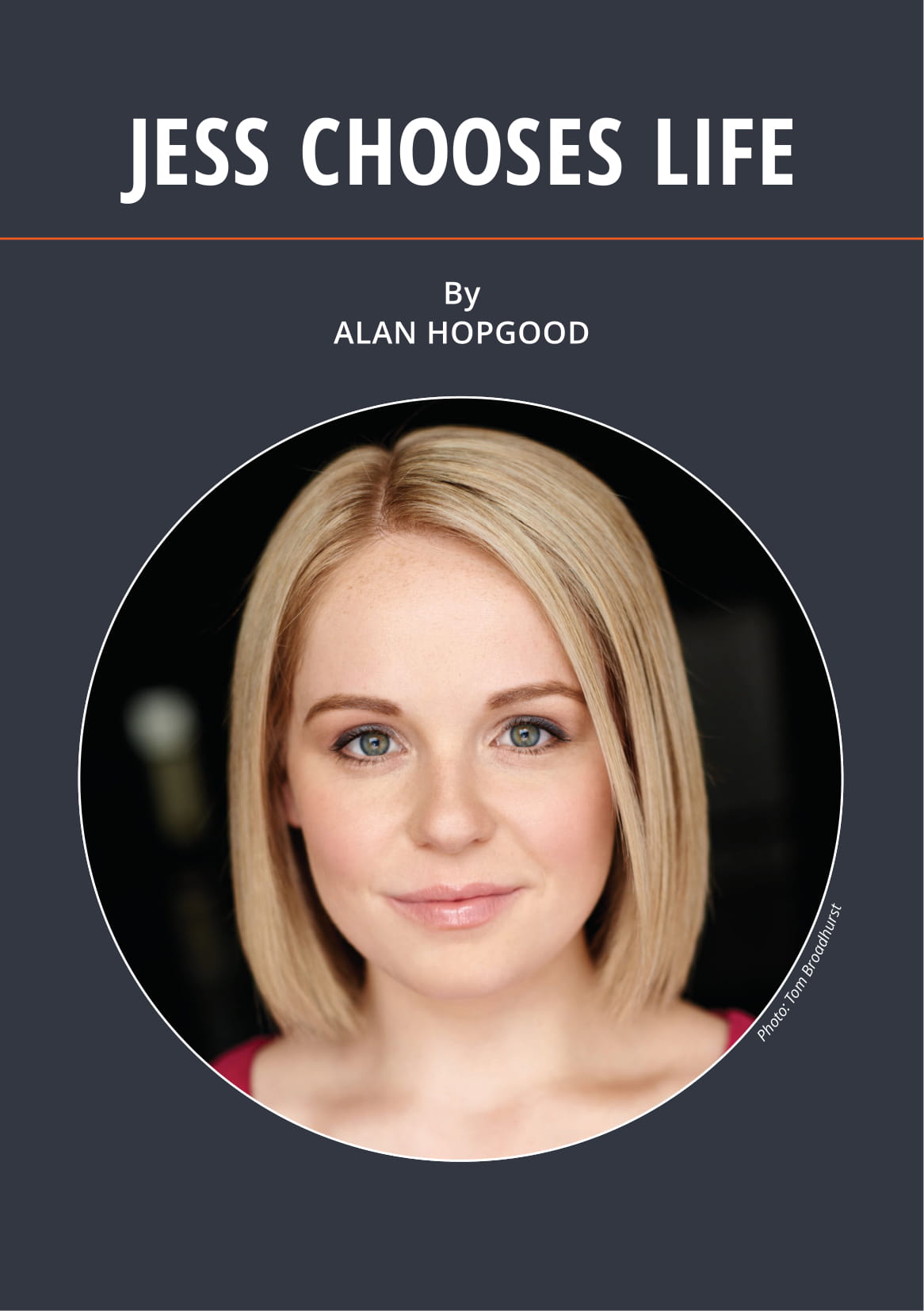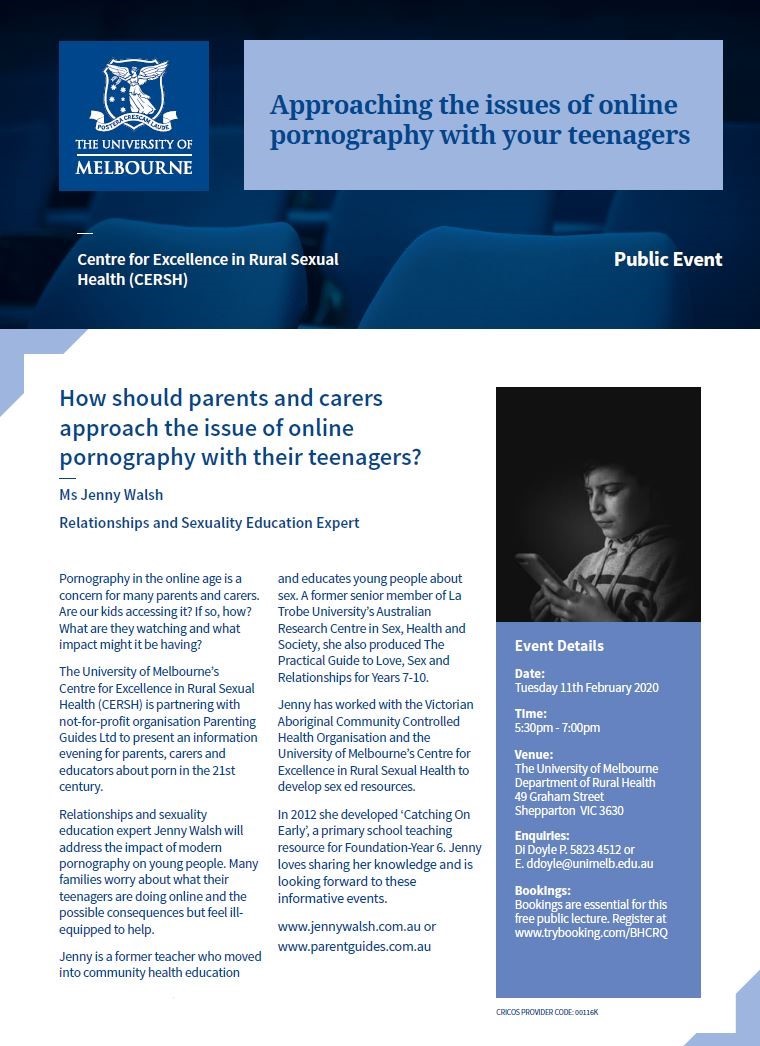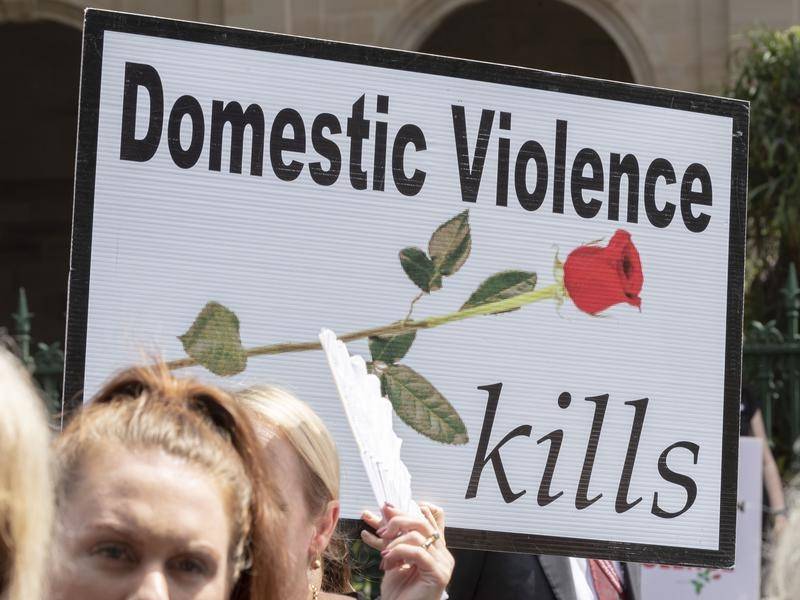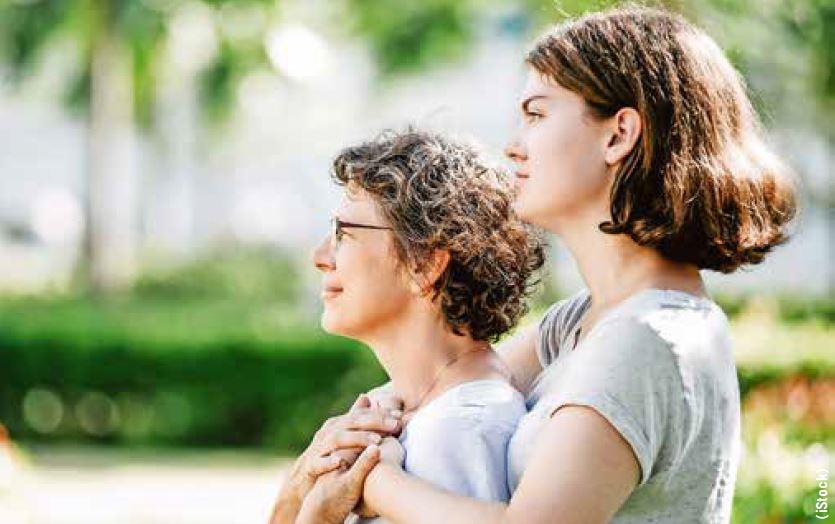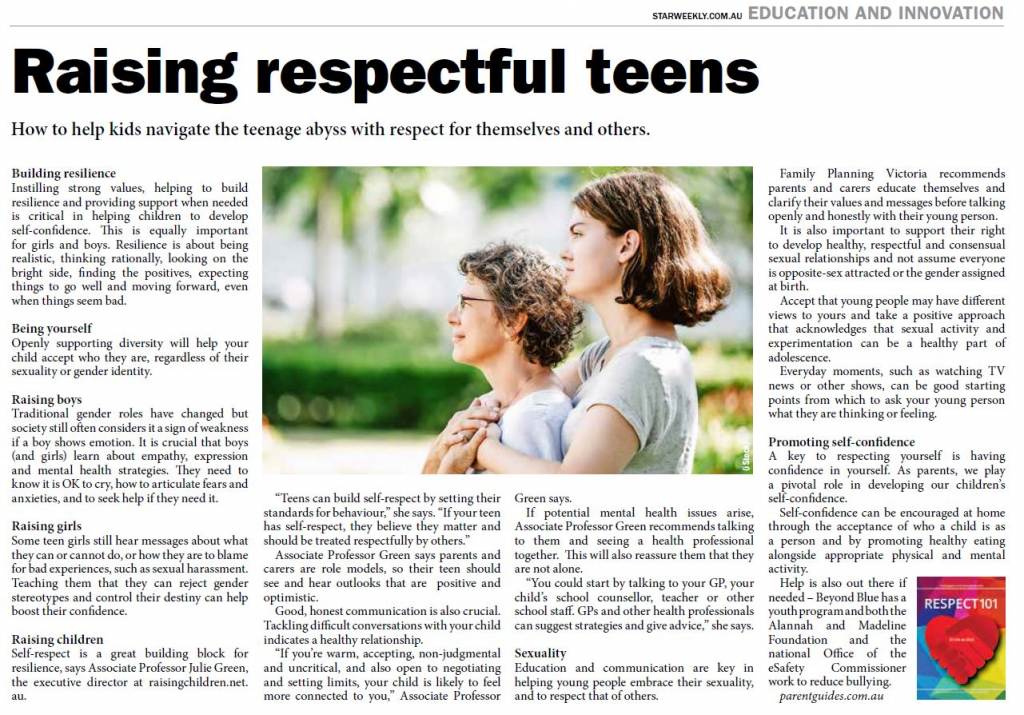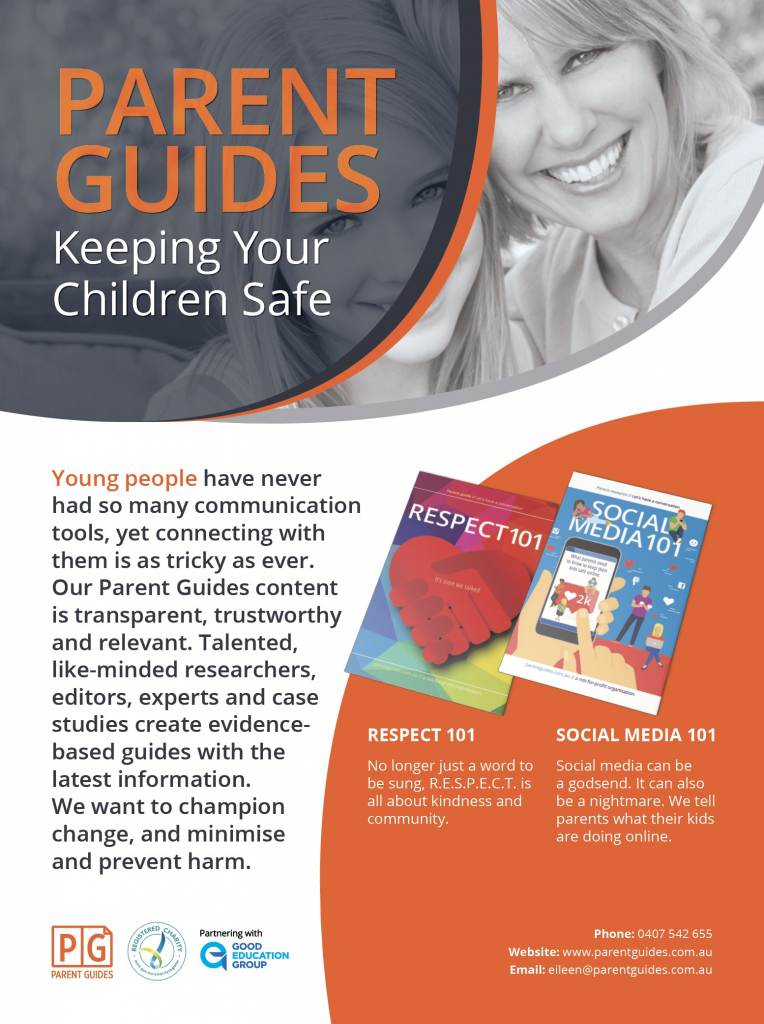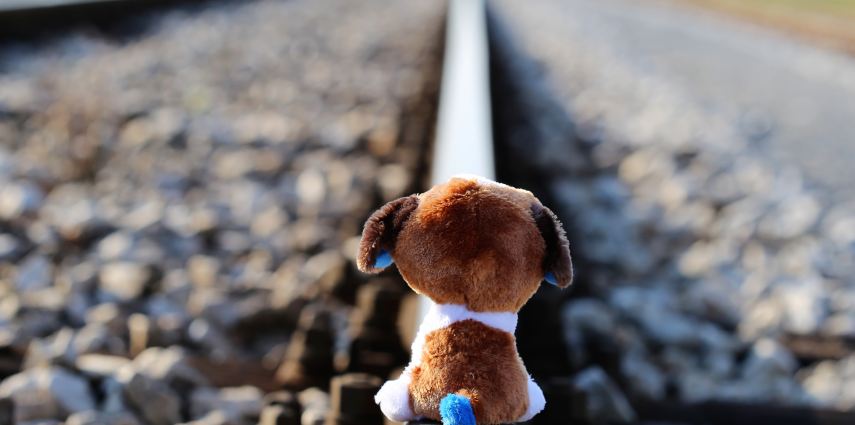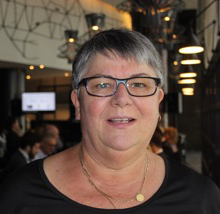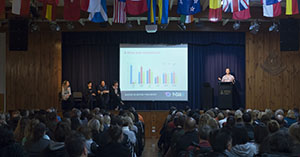With everything parents worry about, it may surprise you to learn than Australian teenagers generally drink less alcohol today than previous generations did.
Even so, many of us struggle to hit the right note when talking about alcohol with teenage children.
We’ve put together some basic information to help you find the right words.
How much is too much alcohol?
National Health and Medical Research Council (NHMRC) guidelines, which are under review, recommend that no alcohol is the best option for those under 18. Experts also advise parents and carers to model safe behaviours at home and while socialising.
Many don’t realise the influence their own habits can have. It is also important to be informed about the possible risks and be aware that your child is learning from your behaviour.
What if there’s a problem?
Psychologist Paula Ross says if you suspect your child may have a drug or alcohol problem, don’t make accusations but subtly note any behaviour changes.
“It can be helpful if parents and family members don’t jump to conclusions but instead start a conversation with their child about what might be happening — ‘I notice this, this and this. What is going on?'” she says.
Ms Ross says to stay calm and think about who is best placed to approach your teen empathetically. Expectations must also be realistic.
“You won’t have one conversation and find that your young person says, ‘You’re right, I’ll stop,'” she says.
Ms Ross says there is some debate around whether you disclose your own past (or present) substance use.
“Parents need to walk the line between disclosure with the aim of letting a child know that you understand, versus how much of your disclosure will your child hear as permission-giving,” she says.
Keeping it open and honest
Writer Cheryl Critchley has always spoken openly about alcohol with her children Jess, 21, Bec, 19, and Ben, 17.
“I don’t drink but my husband loves his beer,” she says.
“Our kids know about the pros and cons of drinking and we’ve discussed what we did at their age. We’ve talked about why people feel the need to drink, the dangers of overdoing it, and how alcohol is socially acceptable despite the harm it can cause.
“We also discuss the importance of looking out for each other around alcohol, which Jess and her friends do. She likes to drink but hasn’t had any issues.
“This year has been strange for Bec as she — and others her age — have had their socialising curtailed by COVID-19 restrictions. She has had a few drinks but decided it’s not much fun doing it by Facetime.
“By Ben’s age, most of our generation was drinking. He hasn’t had much if any alcohol yet. Ben likes energy drinks, so we’ve discussed them not having alcohol but being full of caffeine and sugar.”
Signs of misuse
There are no definitive warning signs of alcohol misuse. But a range of signs and behaviours that, combined, may indicate excessive drinking include:
- Repeated health complaints
- Changes in sleeping patterns
- Changes in mood, especially irritability
- Starting arguments, withdrawing from the family or breaking family rules
- Dropping grades, frequent school absences or discipline problems at school
- Changes in social activities and social groups
Learning good habits
When your children are old enough to drink, encourage them to do so responsibly.
The Australian Government’s alcohol and young people page has practical advice around the law, risks and finding help if needed. For example, to avoid or reduce alcohol intake while out you can:
- Say no to drinks — prepare and practise your responses before you head out
- Drink something non-alcoholic like a mocktail
- Choose low-strength alcohol
- Count standard drinks to keep track
- Set a limit for yourself
Starting that conversation
Headspace early psychosis services manager Kirsten Cleland says kids can feel uncomfortable speaking about tricky issues, so parents and carers should make themselves available.
“It’s important that you take this opportunity to engage with your young person, as this is the moment when they have come to you for help,” she says.
Ms Cleland says we should ask whether our child wants us to listen or fix something for them, with the aim of enabling them to have a degree of responsibility around decision-making.
“The decision might not be the one we would like, and it might blow up in their face, but as long as it’s not going to do harm then it’s a learning opportunity,” she says.
If you or a family member need help with alcohol issues:
- headspace on 1800 650 890 or eheadspace
- Kids Helpline on 1800 55 1800
- Lifeline on 13 11 14
- Al-Anon and Alateen
- Say When online support for monitoring alcohol intake


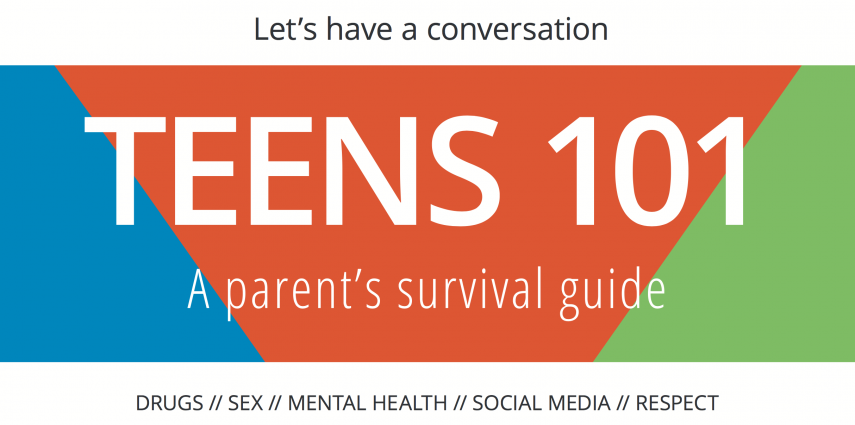
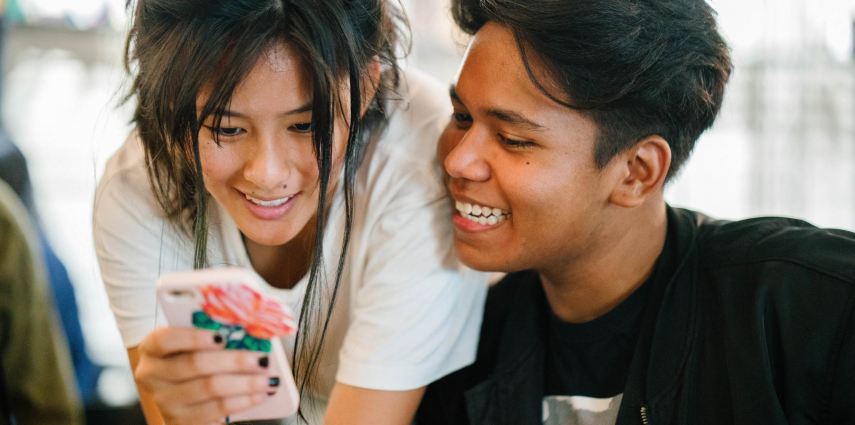
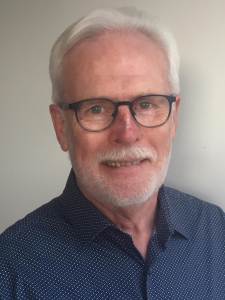 The grandfather of seven, volunteer,
The grandfather of seven, volunteer, 